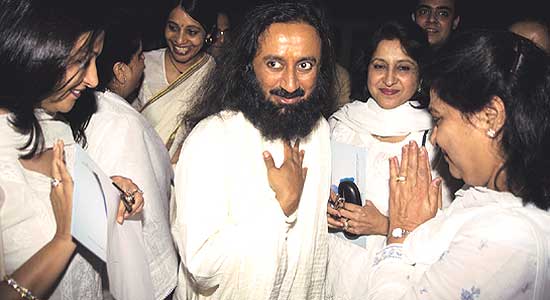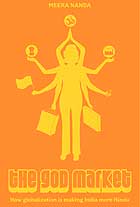-
HINDU SAMHATI: Mamata Banerjee Expels Senior Party Leader to Appease Islamists
- There is a small dilapidated building in Burrabazar area of Kolkata. It was once owned by a Muslims before 1947. Presently there is no Muslim house in the locality. About 20 years back some Muslims came and requested local Hindus that they want to offer Namaz there every Friday. Hindus granted their appeal. Not only that, local Hindu businessmen helped them to remodeling it as a Mosque providing them stone and marble as donation
- Since last one year Muslims tried to make illegal construction on the roof of the building. Naturally local residents gave objection because it would block the windows of the neighboring households. One of the adjacent building is of Sri Ashok Jha who was the President of Trinamool Congress of Burrabazar District till six day back.
- In this situation Ashok Jha with his followers started fast unto death from 7th January morning against the unlawful activities of the Muslims. 8th January was Friday. Tension was palpable in the area. Police posting was there. At 12 noon, about 300 Muslims came by trucks and cars. There was no space inside the building for such a huge crowd. They assembled on the road Rabindra Sarani. Mohalla committee members appealed to the police to disperse them as Sec. 144 was already imposed there. But police took no action. Muslims formed cues, blocked the road and offered Namaz. By this time about 2000 Hindus also gathered there. They did not create any obstruction to the Namaz. But, they too started Bhajan and Arati on the road. Hindu women took part in it in large number. When the Namaz was completed, then Police started action flexing its muscle. Police mercilessly lathicharged upon the Hindus, dispersed them and forcibly arrested Ashok Jha with his wife and 25 Muhalla Committee members. The whole area became tense, all the shops in he busy market place shut down their shutter, local schools declared closure immediately. Police dispersed any mob throughout the day and after who tried to peep into the disputed building. Police ruthlessly crushed any type of protest on behalf of the Hindus.
- The situation of Burrabazar area is speedily deteriorated scince last Assembly election in 2005, when the most communal and criminal Mohammed Shorab was elected from Burrabazar Constituency in the ticket of RJD, with the support of CPIM. Since then Shorab, a small time fruit seller, calls the shot in the area.
- Earlier, this business community i.e. Marwaris were used to be prey of the Marxsists, now the same people are being squeezed and persecuted by the Muslims goons.As in Assam, the internal conflict between the Assamese and the Bengalis ultimately weakened the Hindu Society and resulted in Muslim domination ( now 7 districts out of 23 in Assam have become Muslim majority), in West Bengal too, the Marwari – Bengali difference may create the same condition here.
-
Posted from Diigo. The rest of my favorite links are here.



 Sirmour Zila
Sirmour Zila

